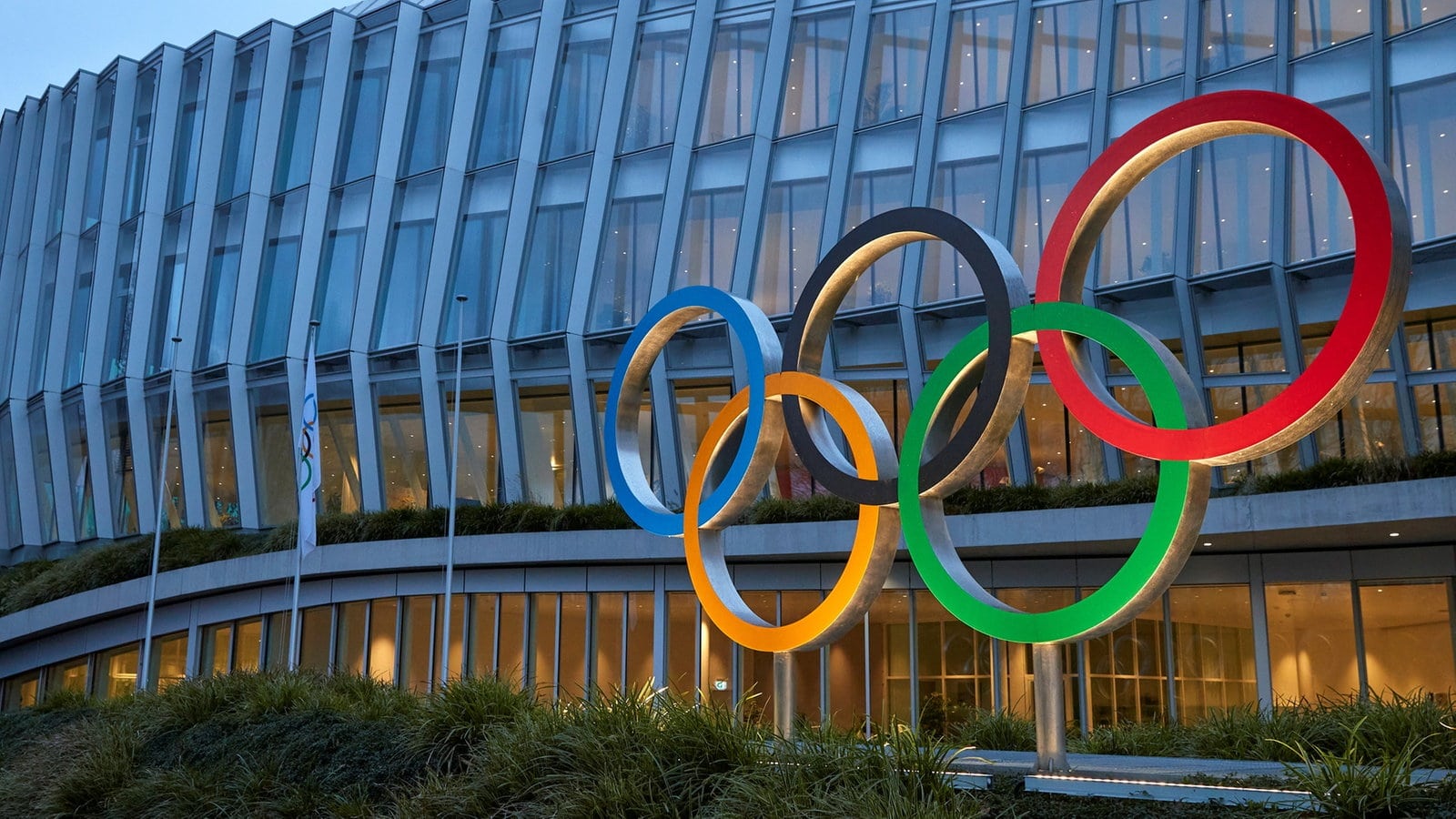Now it is official: Although new IOC rules were created in connection with trans athletes, the rules of the world athletics federation will not be changed. Nevertheless, it was emphasized that it is also important for the world federation to act in conformity with human rights. Nevertheless, everything would remain the same.

How have the IOC rules changed?
According to IOC regulations, there are no longer any generally applicable requirements. This means that each world federation is entitled to determine for itself the conditions to be observed in the course of participation, naturally within a fair framework.
Accordingly, the requirement that a specified (and thus standardized) testosterone level must be guaranteed for participation in the competitions is also omitted, for example to prevent unfair basic conditions. The responsibility for what is allowed and what is not is thus in the hands of the responsible world federations.
What are the consequences of the new requirements?
The goal behind the new guidelines is clear. Among other things, it is about becoming more open to and fairer towards trans athletes. The previously comparatively rigid set of rules will be softened accordingly, and at the same time there will be no heavy regulation in connection with the individual sports.
Rather, it is now always up to the respective governing body to evaluate whether a trans athlete could have advantages if necessary (and for example because of the testosterone level). Among other things, the respective sport should of course also be taken into account here. After all, a high testosterone level could have a different effect in weightlifting than in fencing, for example.
No one may be discriminated against
This is a fixed rule that will remain valid in the future: The decisions that will be made in the future by the world federations must not discriminate against anyone. Therefore, it should not be assumed that a high testosterone level per se could lead to advantages as long as there is no scientific evidence for this.
If you look into this topic a little more closely, you will certainly quickly remember the transsexual weightlifter Laurel Hubbard in this context, whose participation in the Olympic Games in Tokyo caused discussions.
Will Olympia and Co. become more "queer-friendly"?
The new regulations are a first step in the right direction. After all, one says goodbye to traditional standards and makes the effort to look a little closer. It is no longer about stirring up prejudices or even prejudices, but rather to deal more precisely with the topic of transsexuality and sports.
Accordingly, it could well be that in the future more queer or transsexual athletes will be seen in the various disciplines. The effects of the new regulations must be waited for accordingly.
What does science say?
Even if quite a few studies have already been launched in connection with queerness, the discussions about transsexual athletes at the Olympics have ultimately shown that there is still a lot to work on from the scientific side. Or in other words: to what extent a high (or a comparatively low) testosterone level can influence a person's performance has not yet been comprehensively investigated in the past.
Accordingly, the decision of the IOC can also be seen as a statement in a certain way. It remains to be seen whether the regulations will be changed - if scientific evidence is available "at some point". The status quo is not to judge hastily and not to exclude or discriminate against people on the basis of their gender. What the future will bring in this context remains to be seen.
How is homophobia actually punished in soccer?